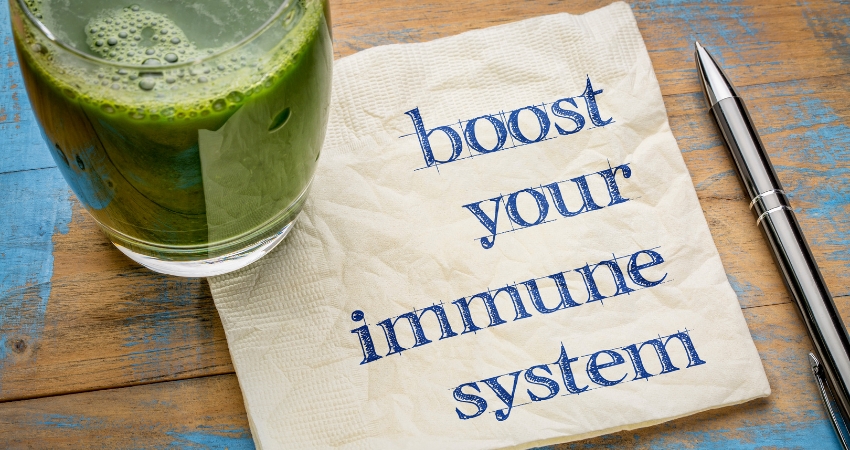10 Surprising Benefits of Getting Enough Sleep

Sleep is an essential part of life, with most experts recommending seven to nine hours every single night. Sleep represents roughly one-third of your life, and it affects the other two-thirds in every possible way. From how you move to what you think, short-term energy to long-term health; setting up good sleeping habits is one of the best ways to improve your life.
Let’s look at ten surprising (and not so surprising) benefits of great sleep:
1. Energy levels and motivation
On a very direct level, sleep gives us energy. We rely on sleep to store energy, stabilise blood sugars, and make new brain connections. It restores two particular chemicals: glycogen, which helps to store energy, and adenosine, which regulates the sleep-wake cycle. If we don’t sleep well, we get a reduction in glycogen and excess adenosine, which leads to feelings of sleepiness and lack of motivation.
2. Immune system health
Sleep supports your immune system, which is essential to your overall health. The immune system provides multiple lines of defence throughout the body. It allows your wounds to heal, helps you to avoid infections, and protects you from chronic diseases. Sleep contributes to innate immunity, which is a general response to external threats; and adaptive immunity, which is a direct response to specific antigens.
3. Appetite and weight management
Sleep has ties to appetite and weight loss. It helps to regulate the neurotransmitters that control your appetite, with more sleep helping you to feel more fulfilled and less hungry. Lack of sleep also impacts the type of foods you eat and how much you exercise. Tired people are more likely to seek fatty foods with lots of calories, and they’re also less likely to engage in exercise.
4. Physical fitness and recovery
Along with the composition of your body, sleep also affects your physical fitness. Sleep gives you energy, so you’re more likely to feel like playing sports and doing exercise. Sleeping also supports healthy muscle recovery, so you’ll feel better and exercise more. It helps to increase your blood supply, release important hormones, and boost protein synthesis to help your body heal.
5. Productivity and focus
Good sleep can seriously boost productivity, with increased focus, motivation, and energy leading to better performance and safety outcomes. People sometimes try to squeeze more out of life by sleeping less, but this is rarely effective. Instead, you get more done by taking time out, re-energising your body, and using your time more effectively.
6. Learning and memory

Good sleep has a great effect on learning and memory. While the relationship between these things is complex, sleep deprivation impacts learning in two primary ways. Firstly, tiredness makes it hard to focus, making learning much more difficult. Secondly, sleep helps our brains to manage new information and make new memories.
7. Mood and mental health
You’re certainly not alone if you’ve ever felt grumpy after a poor night’s sleep. Sleep is related to mood, with sleep-deprived people more likely to feel anger, frustration, and irritability. Sleep also affects mental health outcomes, including serious issues like depression and anxiety. Sleep disturbance is an important symptom of depression, and numerous mental health disorders are linked with chronic insomnia.
8. General health outcomes
Bad sleep has been linked with poor health outcomes across the board, including numerous chronic diseases. Among other things, insufficient sleep is associated with an increased risk of developing obesity, depression, type 2 diabetes, and cardiovascular diseases. Chronic diseases increase the risk of premature death, and quality sleep is a simple way to lower this risk.
9. Social interaction
Connections have been found between quality sleep and social interaction. Not only do our social habits influence our sleeping patterns, but sleepiness can also lead to less socialisation. People lacking sleep are more likely to isolate themselves and feel lonely over time. Spending quality time with friends and family offers a range of health benefits, and good sleep is an easy way to support healthy social habits.
10. Healthy lifestyle
As you can see, a variety of links exist between sleep, lifestyle, and health. Like most things in life, these relationships involve a complex feedback network that goes both ways. Sleep impacts our physical and mental health, and it, too, is affected by our health status. Setting up healthy sleeping patterns lays the groundwork for a healthy lifestyle, with good decisions around sleep helping you to live better, feel happier, and get sleepier as you build new positive habits night after night.







